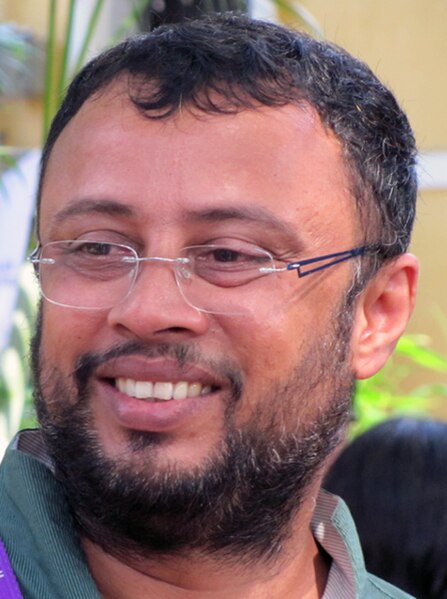Infinite photos and videos for every Wiki article ·
Find something interesting to watch in seconds
British Monarchs
Great Museums
Celebrities
Wars and Battles
Recovered Treasures
Tallest Buildings
Kings of France
History by Country
Largest Palaces
Orders and Medals
Countries of the World
Crown Jewels
Presidents
Ancient Marvels
Largest Empires
Great Artists
Animals
World Banknotes
Great Cities
Rare Coins
Best Campuses
Sports
Supercars
Wonders of Nature
Richest US Counties
Famous Castles
more top lists


